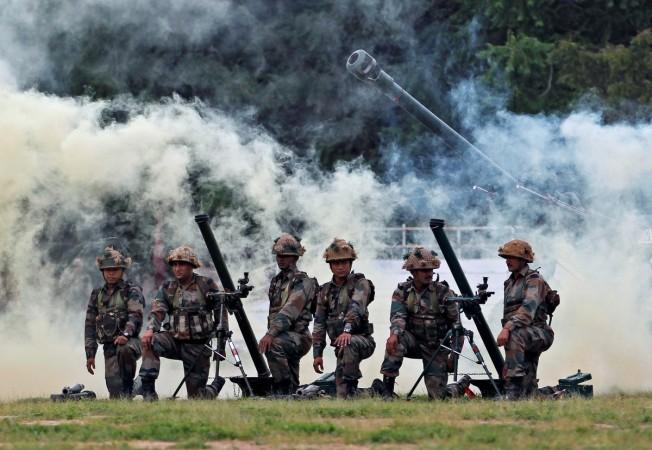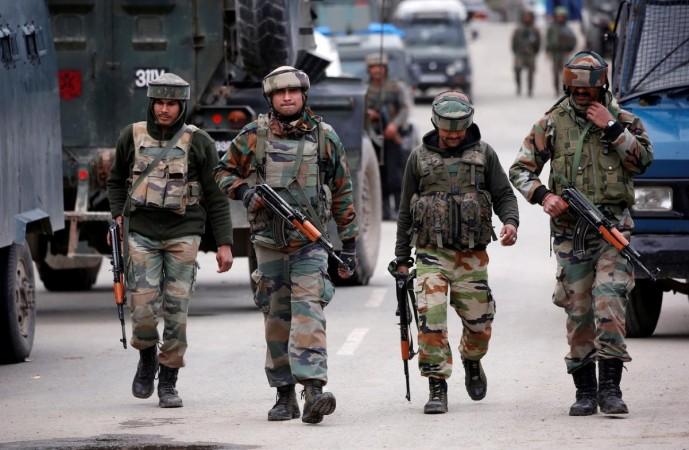The Indian Army will soon have robots to help it in counter-insurgency operations in Jammu and Kashmir. From helping in cordon-and-search ops, negotiating obstacles to lobbing grenades at terrorists holed up in buildings, the Ministry of Defence has started the process of procuring around 550 robotics surveillance units with minimum 25 years of service life for counter-insurgency ops in Jammu and Kashmir, sources said on Wednesday.

Robots to be the first line of defence
A senior Indian Army officer told that these robots should be capable of climbing stairs and negotiating obstacles apart from throwing grenades at terrorists in built-up areas. "These robots should be capable enough for water fording with minimum 20-cm depth," the officer said. During cordon-and-search-operations in the Valley, these robots will be the first line of defence, thus helping prevent casualties. "This would avoid casualty to our own troops during initial breach by terrorists," the officer said.
The ministry has on November 19 called the Indian industries to make representations of their products about robotics surveillance. The ministry is pushing for indigenization to reduce dependence on imports of defence items.

The ministry has initiated the process of procuring on request of the Directorate General of Rashtriya Rifles, the country's premier counterinsurgency force raised on October 1, 1990 when militancy in Jammu and Kahmir was at its peak and the local law enforcement and paramilitary agencies were unable to contain it. The force is exclusively engaged in counter-terror operations in the Valley.
Robotics surveillance inputs for Rashtriya Rifles
The officer also stated that the robotics surveillance will have the "provision of realtime intelligence inputs for Rashtriya Rifles operations in residential and commercial areas where terrorists are holed up". The force would use these robots in built-up areas — residential and commercial areas — for also gathering real-time intelligence inputs prior to movement of troops.
Rashtriya Rifles is also looking for precise delivery of suitable munition through the robotics platform during counter-insurgency operations. "The platform must be capable of delivering a suitable munition at the intended target, for example, throwing grenade at places where the terrorists are holed up," the officer said.

These robotics surveillance platforms will comprise a launch unit, surveillance camera to provide input in both day and night mode and transmission system, with range between 150 meters and 200 meters. "Interestingly, it will help in dynamic realtime monitoring of terrorist activities during operations," the officer said.
Further, it should be light-weight, rugged and portable and at the same time, shockproof to withstand firing or attacks from terrorists. "It should also transmit visual data to a distance of about 150-200 meters across four walls, facility to rotate 360 degress and pan and tilt," the officer added.









